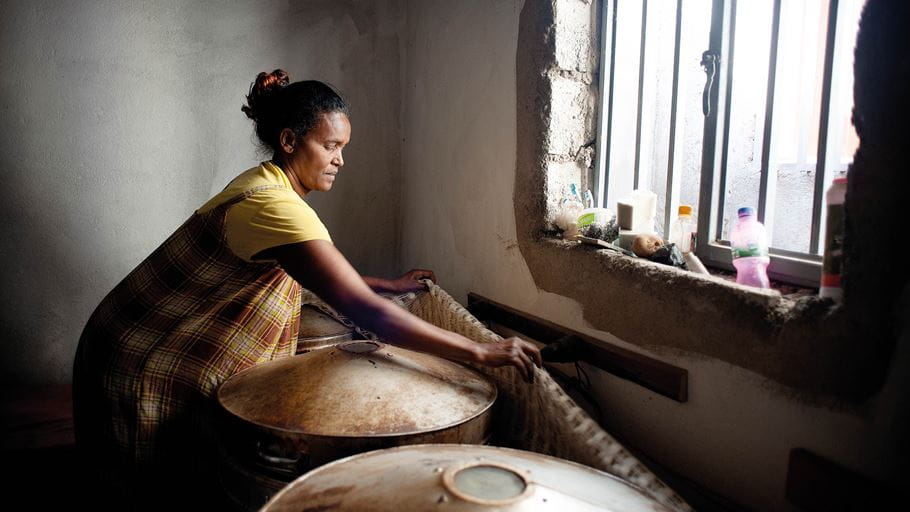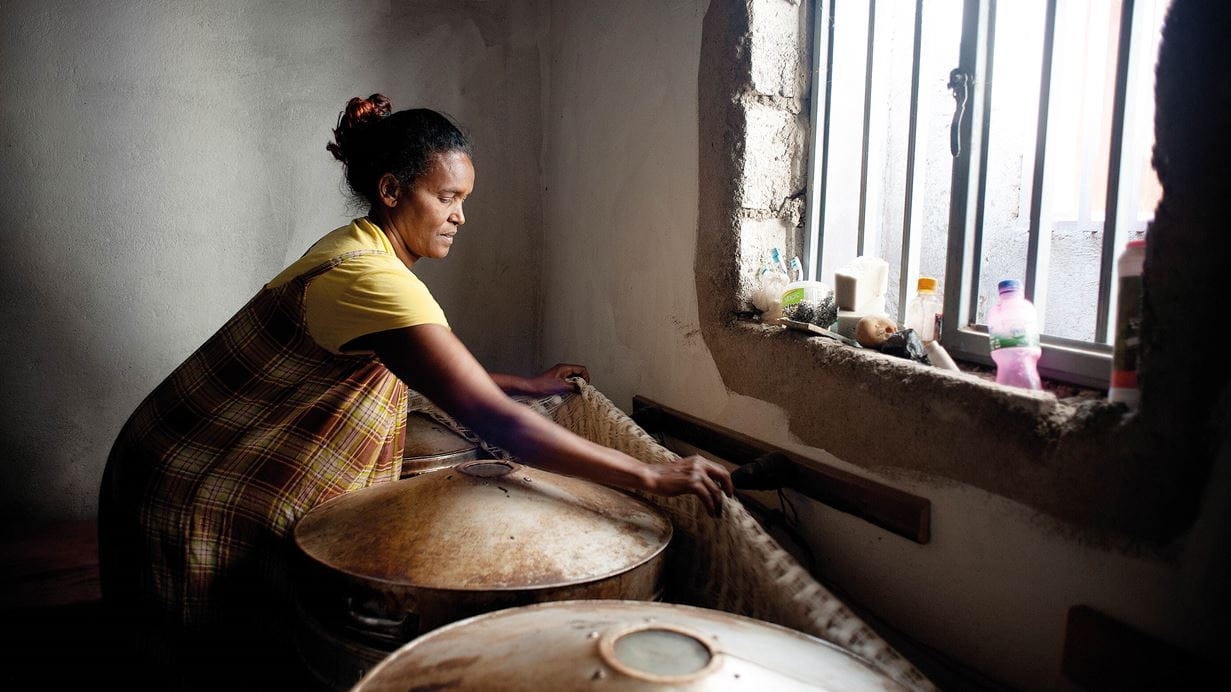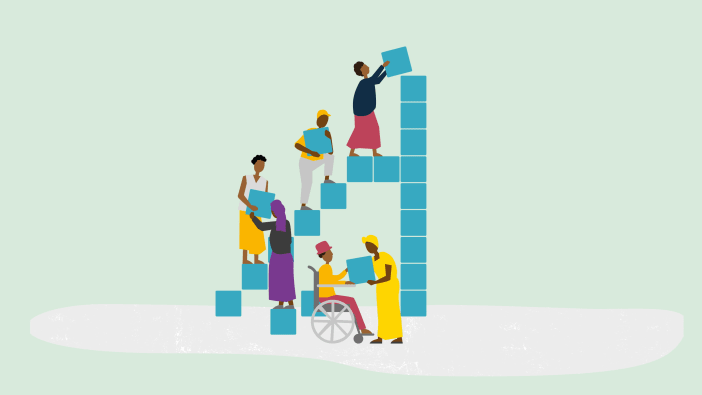There are more than 20,000 self-help groups in Ethiopia, but until recently they were not legally recognised by the Ethiopian Government.
In this interview Mesfin Abebe, Tearfund’s Advocacy Coordinator in Ethiopia, reflects on why legal recognition of self-help groups is so important and how, after many years of advocacy, it has recently been achieved.
What are self-help groups?
‘Self-help groups have a very distinctive identity. They are for people who have the fewest economic resources in a community (eg women and people with disabilities) and little opportunity to contribute to local decision-making. They are self-governed in a way that is highly participatory, giving everyone in the group the opportunity to learn leadership and financial skills.
‘Each group is made up of 15 to 20 people from similar socio-economic backgrounds. They meet weekly to discuss issues, find solutions to common problems and build trusting and supportive relationships.
‘Each week everyone saves a small amount of money. Members can then take out loans at low interest rates for household needs, or to invest in small businesses. Local facilitators show the groups how to effectively govern themselves, as well as providing small business training. As they grow in confidence, many groups begin to play an active role in their communities, including advocating for change.’
Why is legal recognition important?
‘For many years the Ethiopian Government has recognised that self-help groups are helping thousands of people to lift themselves out of poverty. But without legal recognition there is a danger that the core principles of the groups will be eroded, such as the importance of giving priority to the most vulnerable. This is because without a legal categorisation of their own, it is assumed that self-help groups are the same as other groups or cooperatives, even though they have been established for a different purpose.
‘In addition, without legal recognition self-help groups do not have access to financial services or government support in the same way that other community groups do. One self-help group member said, “The value of securing legal recognition is priceless. Banks and other organisations used to look down on us when we approached them for services such as loans. But now we can hold our heads up high and the banks are treating us with respect.”’










